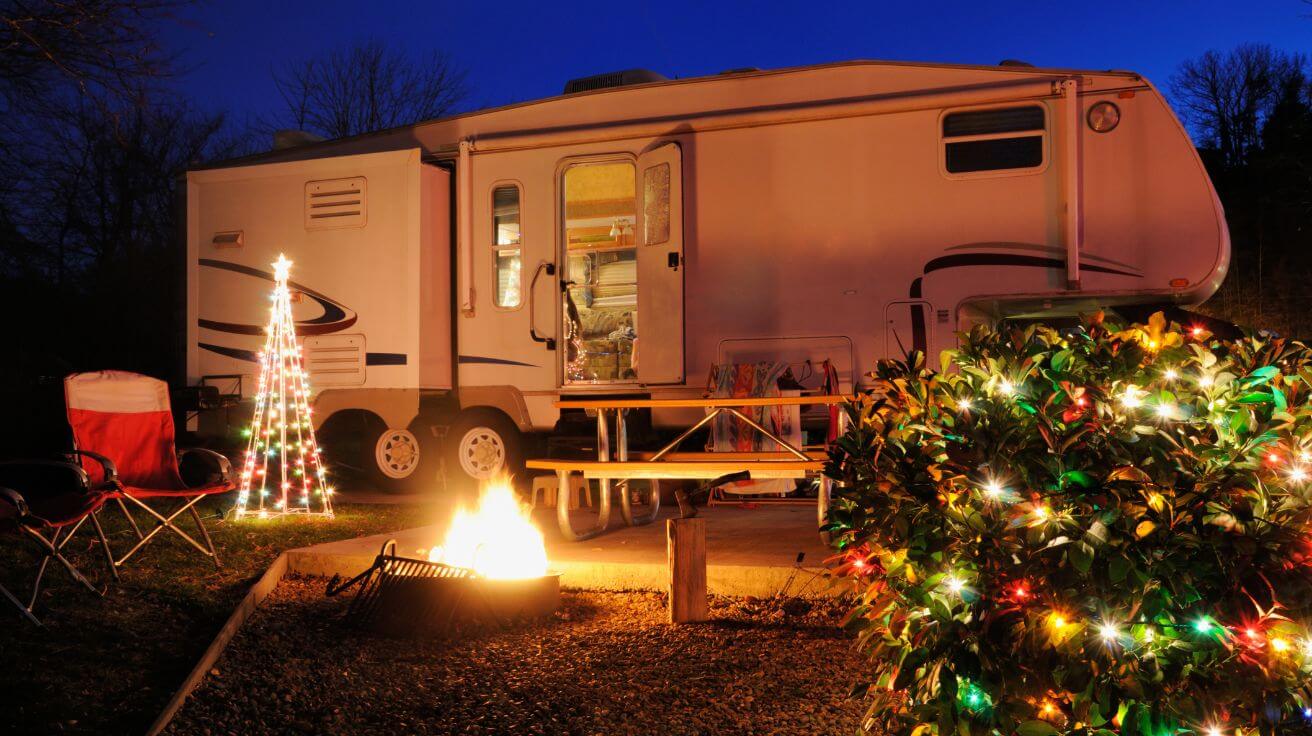For many travel enthusiasts, the idea of hitting the open road in a camper is a dream worth pursuing. However, the cost of new campers can often put them out of reach for budget-conscious buyers. Fortunately, the used camper market offers a wealth of opportunities to find well-maintained, affordable vehicles that can bring the adventure within your grasp. In this guide, we’ll explore how to identify high-quality second-hand campers, share essential inspection tips, provide negotiating advice, and recommend trusted platforms for purchasing.
Why Choose a Used Camper?
Buying a used camper is an excellent way to save money while still enjoying the freedom and convenience of a mobile home. Many second-hand campers have been lovingly cared for by previous owners and come with features that rival new models. Additionally, depreciation works in your favor—new campers lose significant value in their first few years, but a well-chosen used model can offer excellent value for money.
For those with a budget of $20,000 or less, the used market opens doors to a variety of options, from compact campervans to full-sized motorhomes. With a little effort, you can find a camper that fits your needs without breaking the bank.
Tips for Identifying Well-Maintained Used Campers
1. Research the Market
Before diving into the search, familiarize yourself with popular models within your budget. Platforms like classified ads, dealership websites, and online marketplaces often list used campers for sale under $20000, providing a sense of what’s available.
2. Check the Vehicle’s History
Always request a detailed history of the camper. Ask for service records, accident reports, and documentation of major repairs or replacements. A clear history is often an indicator of responsible ownership.
3. Inspect the Camper Thoroughly
Conduct a comprehensive inspection to ensure the vehicle is roadworthy and free of hidden issues. Key areas to examine include:
- Exterior Condition: Look for signs of rust, dents, or damage to the body. Inspect the roof and windows for leaks.
- Mechanical Components: Check the engine, transmission, brakes, and tires. Bring along a trusted mechanic if you’re not confident in assessing these elements yourself.
- Interior Features: Test appliances, plumbing, and electrical systems. Look for water damage, mold, or other signs of neglect.
- Mileage: Lower mileage often indicates less wear and tear, but a well-maintained high-mileage camper can also be a great deal.
4. Consider a Professional Inspection
If you’re unsure about your ability to assess the camper’s condition, invest in a professional inspection. A trained eye can catch potential issues that might otherwise go unnoticed.
Tips for Negotiating the Best Deal
1. Do Your Homework
Research the market value of similar models to ensure you’re not overpaying. Online tools and price guides can help you determine a fair price range.
2. Point Out Flaws
Use any issues uncovered during your inspection as leverage in negotiations. Highlight necessary repairs or upgrades and factor these costs into your offer.
3. Be Willing to Walk Away
If the seller isn’t willing to meet your price, don’t be afraid to walk away. There are plenty of used campers available, and patience often pays off with a better deal.
Trusted Platforms for Buying Used Campers
Finding a reliable platform is key to a successful purchase. Here are some trusted sources:
- Online Marketplaces
Websites like Truck1, RV Trader, and eBay Motors offer extensive listings of used campers in various price ranges. Many platforms allow you to filter results based on location, price, and condition. - Dealerships
Established dealerships often have certified pre-owned campers that come with warranties. While these options may cost slightly more, they offer added peace of mind. - Classified Ads
Local classifieds, both online and in print, can be a great way to find deals from private sellers. Always meet the seller in person and inspect the camper before finalizing the transaction. - Camper Shows and Events
Some events feature second-hand campers for sale, allowing you to see multiple options in one location and compare them directly.
Red Flags to Watch For
When shopping for a used camper, keep an eye out for these warning signs:
- Unrealistically Low Prices: If a deal seems too good to be true, it probably is.
- Incomplete Documentation: A lack of maintenance records or ownership history can indicate hidden issues.
- Rushed Sales: Sellers pressuring you to make a quick decision might be hiding something.
- DIY Repairs: While some DIY work can be well-done, extensive amateur modifications might signal future problems.

